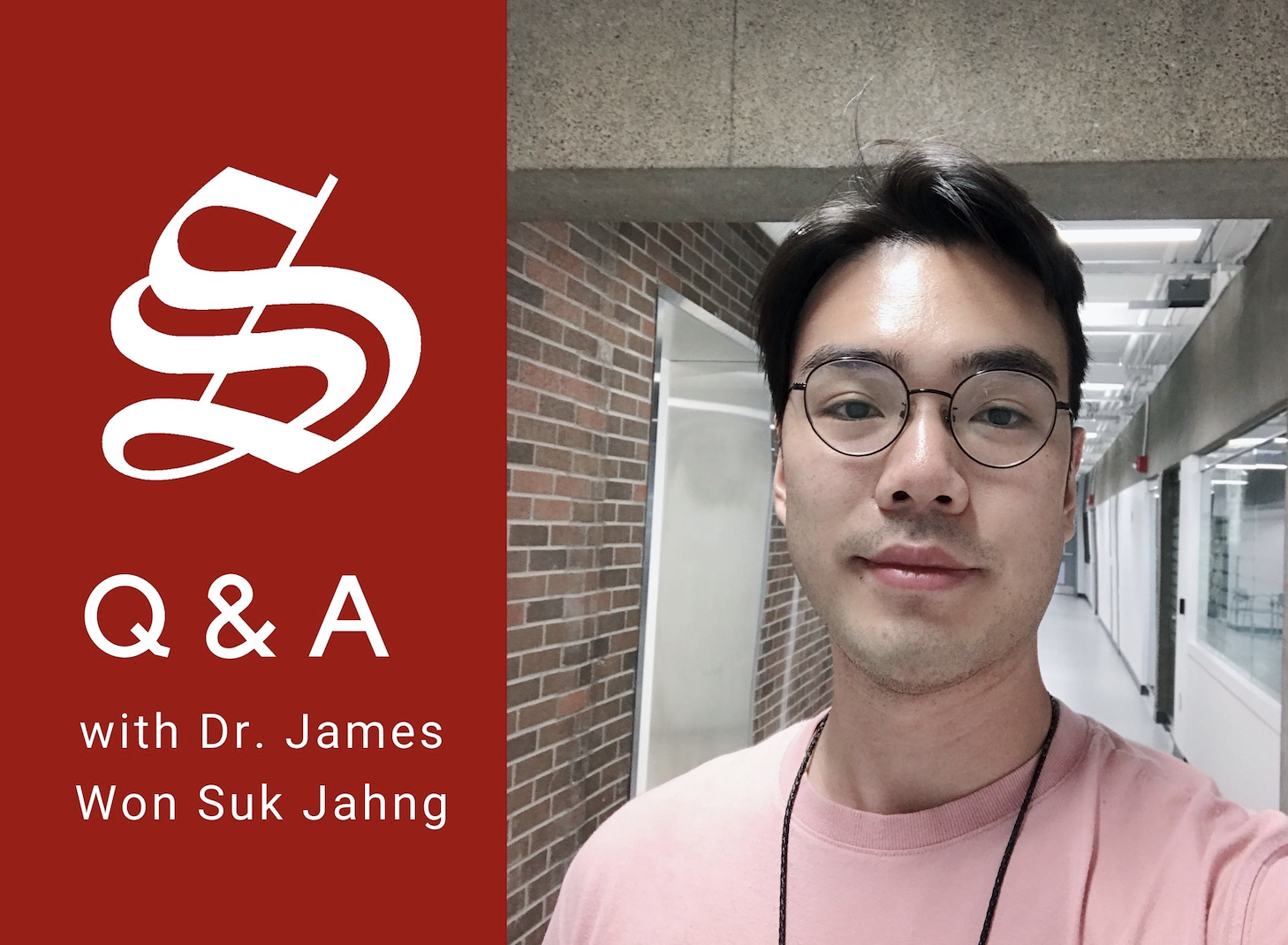The Daily sat down with James Won Suk Jahng, a Stanford postdoctoral student, and one of four postdoctoral students in the United States picked for a Translational Research Institute for Space Health (TRISH) fellowship. The fellowship works to collaborate with researchers to design biomedical technology for astronaut safety and apply them for future space missions.
Jahng — who grew up in Korea before immigrating to Canada and later the United States — is interested in both space health as well as mitochondria, popularly known as the powerhouse of the cell. He has done research in numerous parts of the globe from Hong Kong to California and will be working on creating or finding a medication to help prevent mitochondrial damage in heart cells during space travel using his two-year TRISH research grant.
The Stanford Daily [TSD]: What within your childhood and later academic years sparked your interest in medicine, and more specifically, protein and mitochondria quality control?
James Won Suk Jahng [JJ]: Actually, I was growing up in a family who doesn’t have any scientific kind of background. I’m the first member of the family who went to college or university. I didn’t have a very specific kind of interest in this kind of science until I went to university, where I learned biology and had some generic interest in some subject topics related to biology, as I was pre-med. But while I prepared for med school, I was involved in some of the research activities and I found [that] it suits me and also I like working in the research environment.
The more I spent time in the research area, I felt that the phenomena related to metabolism really fascinated [me] and that’s how I dug further into those mitochondria’s biology or something called metabolism research, specific to heart disease. The reason why I chose the cardiovascular area is it’s where I started up, but I actually enjoy it because it is very dynamic, has a very interesting rhythm and is also very important.
TSD: What did it feel like to learn that you had won the TRISH fellowship and what interested you about the space health aspect of the fellowship?
JJ: When you go to space, and in the microgravity environment, your heart actually does shrink, undergoing some atrophy, and in that process, we speculate that a lot of these protein degradation pathways are activated, something called autophagy. I was very intrigued by this so-called microgravity and also radiation, and some very extraordinary environments that we need to tackle to make sure we know how they affect our human health when going to Mars. I think anyone will be very interested in space science because it sounds so cool, but I was lucky to have my mentor Joseph Wu, who was also very intrigued by this new topic and space.
TSD: After the TRISH fellowship, what are your next steps?
JJ: To be honest, I was not imagining myself to be very heavily involved in space research, but the more I learn about this TRISH community and NASA community, I really like their interactive and also welcoming environment, especially for new-coming, young scientists like me. So, I don’t know; I will still see how the progress goes with my research project, but I definitely want to be more deeply involved in a lot of those projects relevant to those space biology topics. I think my primary interest will be mitochondria, so I think I’ll keep myself more involved in this research involving metabolism, or something related to mitochondria disease.
TSD: What’s been a really impactful or motivational moment in your postdoctoral research, or within just your academic years generally?
JJ: I think being in new research is always going to be motivational. Not necessarily completely different — I’m still working on heart disease — but I moved away from animal work to the human stem cell and heart muscle cells, so that’s the new, big change. When I first started I succeeded in making a heart muscle cell from those stem cells — we call it differentiation. When I look at a microscope, I get really excited and then very motivated that, ‘oh, I’m learning new skills or I’m learning new things.’
TRISH is one of the big motivations as well, because I wasn’t really expecting this award because they only award four [people] out of the entire country. I assume it is very competitive, so I’m lucky to have become one of them.
This interview has been condensed and lightly edited for clarity.
